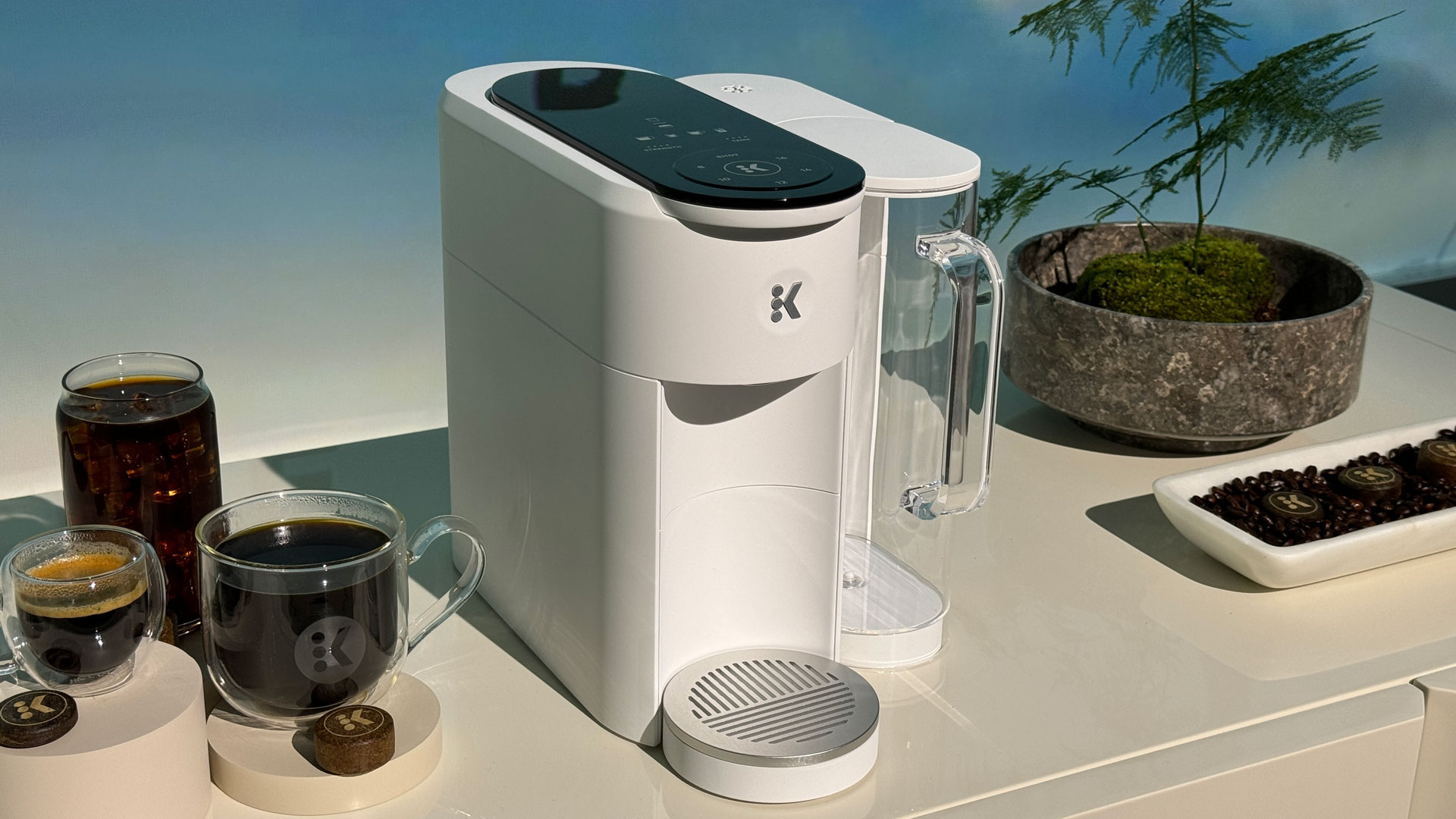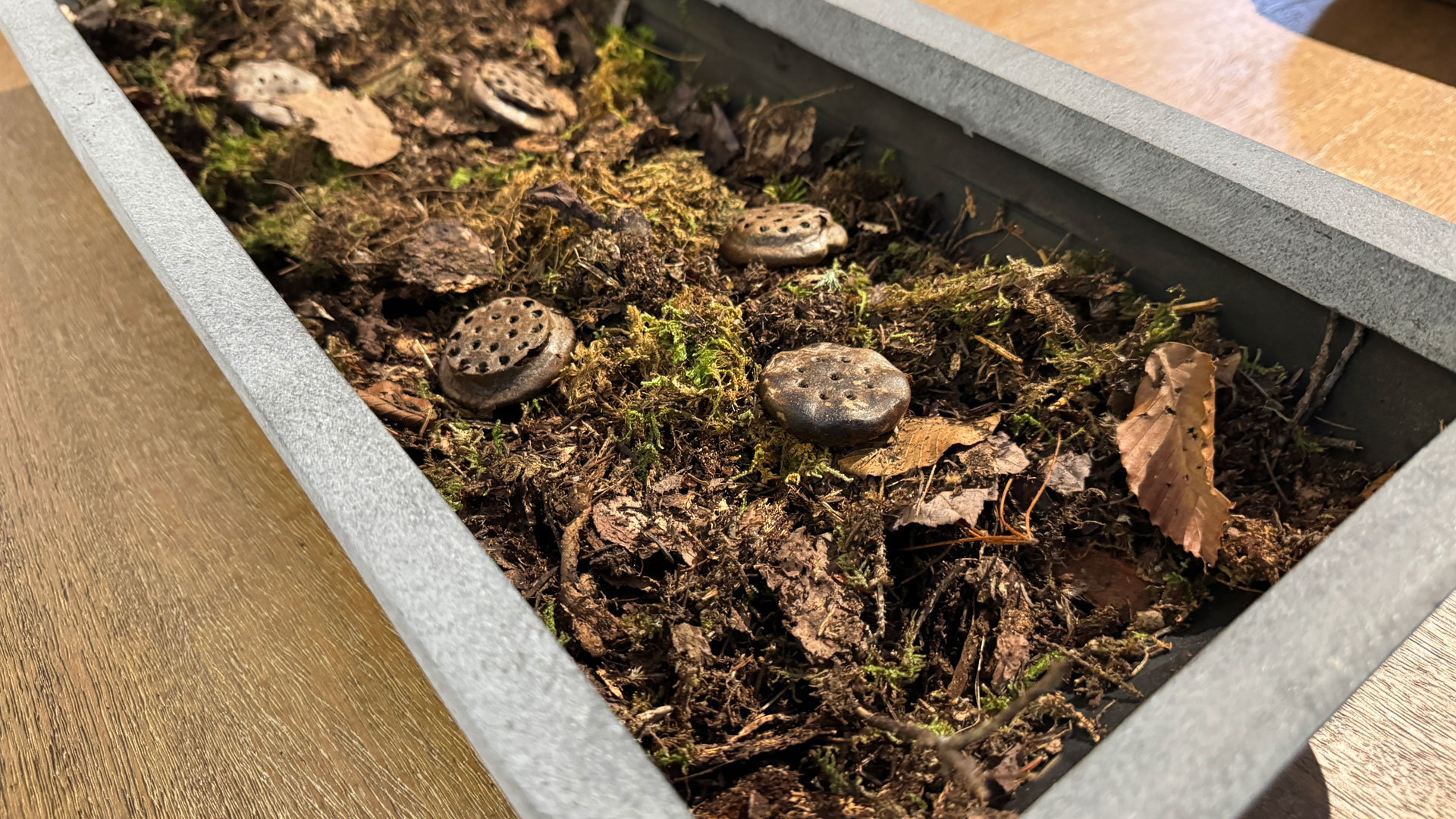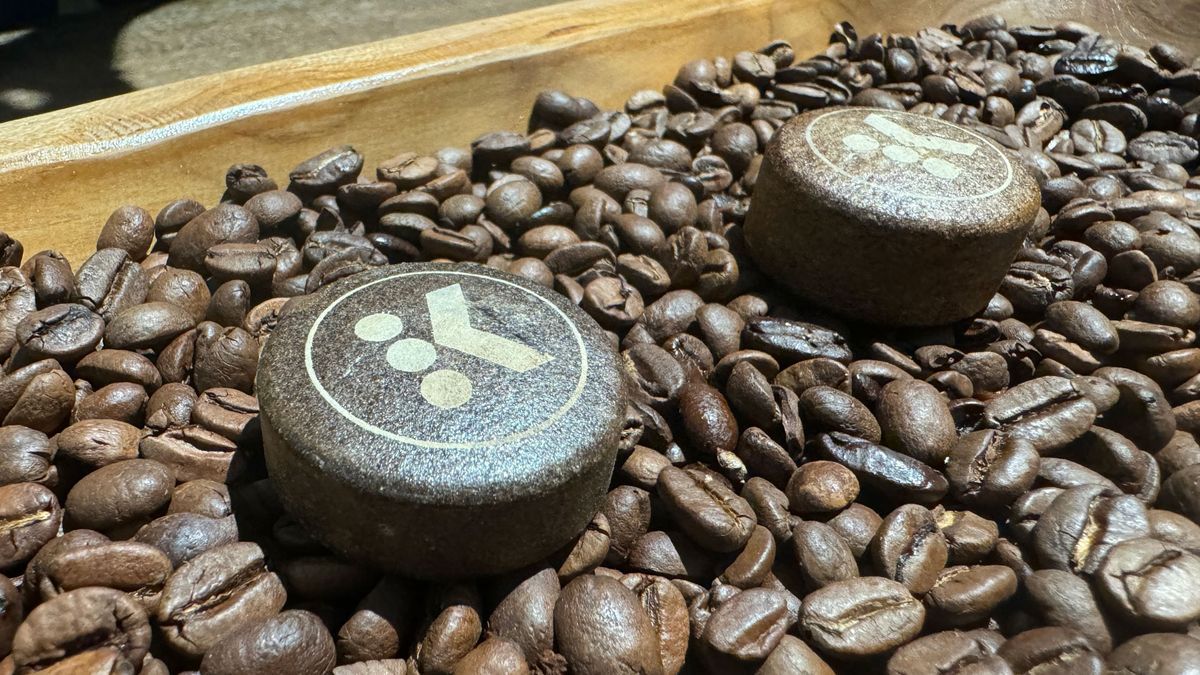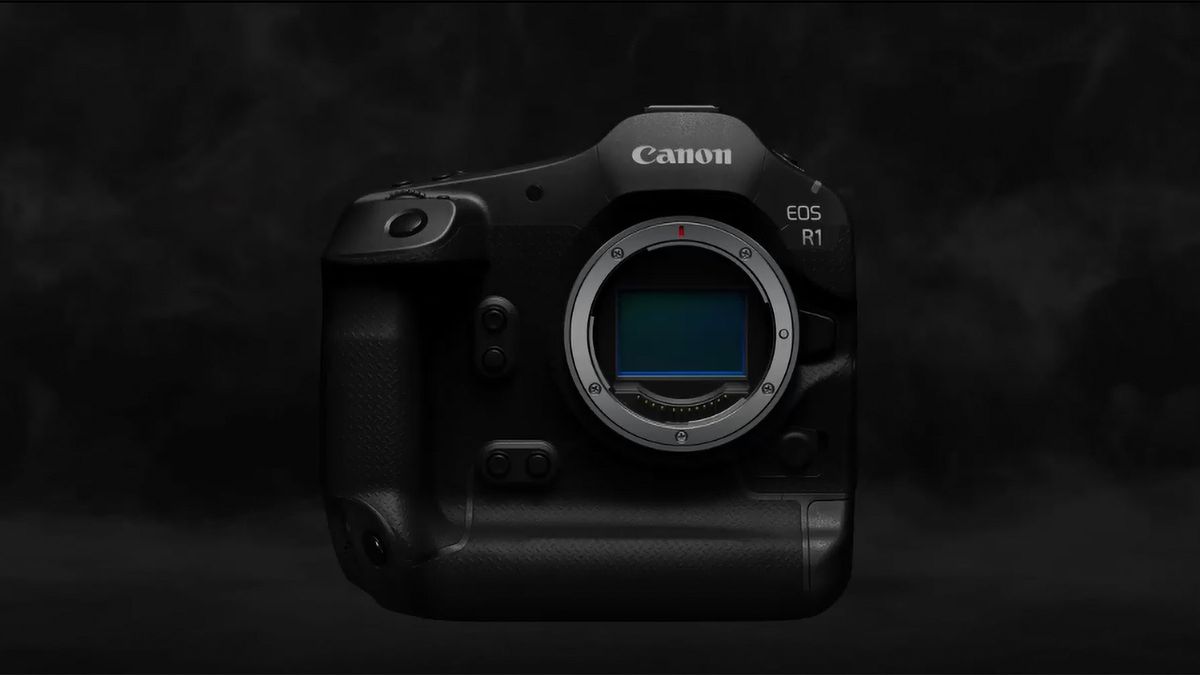Keurig, the company that got us all hooked on single-serve coffee systems and helped us produce billions of disposable plastic K-cups, just reinvented its single-serve system in what may be the most sustainable way: K- Rounds.
K-Rounds are highly compressed ground coffee capsules, free of plastic and aluminum, held together by an ultra-thin layer of plant material (alginate). As one Keurig executive described it: “It's just coffee in those pods.”
Keurig/Dr. Pepper on Wednesday introduced new ground coffee pods in four sizes: single-shot Espresso, two-shot Espresso, regular cup coffee and a larger K-Round iced coffee.
Along with the new K-Rounds, Keurig introduced its Alta Brewer, which is custom made for the new pods. Keurig introduced a bit of intelligence to the Alta, which can adjust the brew based on the code markings on each K-Round pod.

After that, the system works much like a regular K-Cup coffee maker: you put the K-Round in, close the top, and the system punctures the compressed capsule and sends hot water through it to produce a cup of coffee. The Alta is also backwards compatible with K-Cups (there's a dedicated slot for the cups) which Keurig told me they're not phasing out (at least not yet – there are all those legacy brewers they need to support).
After brewing, all that's left is a crushed ground coffee husk that is designed to be compostable, although Keurig has not yet achieved K-Rounds certification for composting.

If successful, K-Rounds could have a measurable impact on the environment. According to a report, we generate approximately 500 million metric tons of coffee capsule waste every year.
Keurig's new coffee compression technology has other benefits beyond sustainability. The pods are smaller than their K-Cup counterparts and can be more efficient and possibly produce better coffee. Keurig executives noted that baristas often tamp coffee grounds to improve extraction performance, and these highly compressed pods can provide a similar result.
While Keurig allowed me to touch, smell, and even crack a pod, there was no K-Round-based coffee to drink, so I can't confirm their claims.
While K-Rounds will surely reduce non-compostable plastic waste from K-Cups, there are still questions about how Keurig can provide equally sustainable K-Round packaging. One option they are considering is cardboard tubes. Unlike K-Cups that you can leave in the cabinet for a year, K-Rounds have about a six-month shelf life and once you open their outer packaging and place them on your kitchen counter, they only offer about a month of freshness.
Keurig has yet to set a price for K-Rounds pods, although they admit the starting price could be higher. Likewise, there is no release or price for the new compact Alta coffee maker. The company is planning a beta test in the fall. I hope to get on the list to see if juicing coffee grounds is the key to better flavor and greater sustainability.










